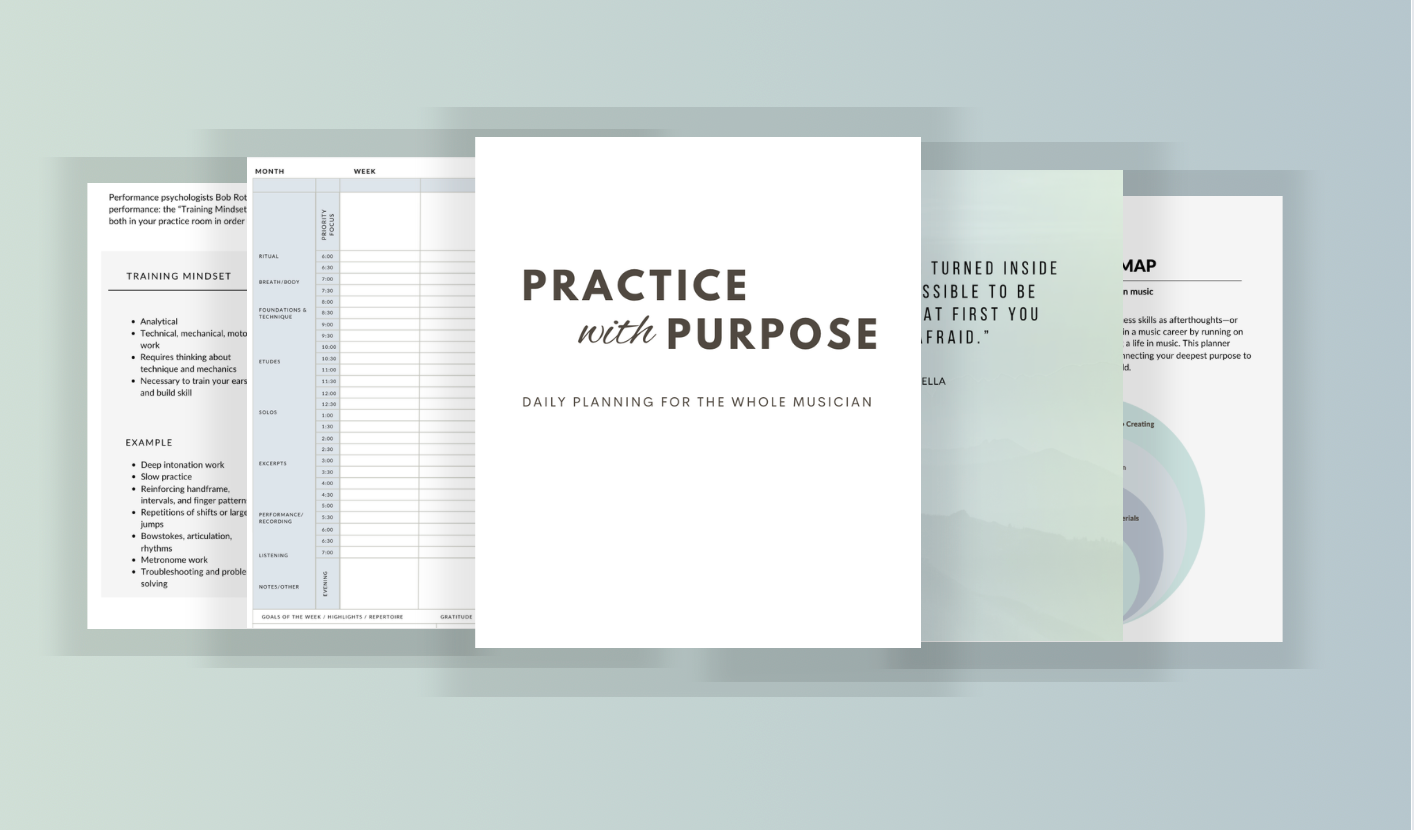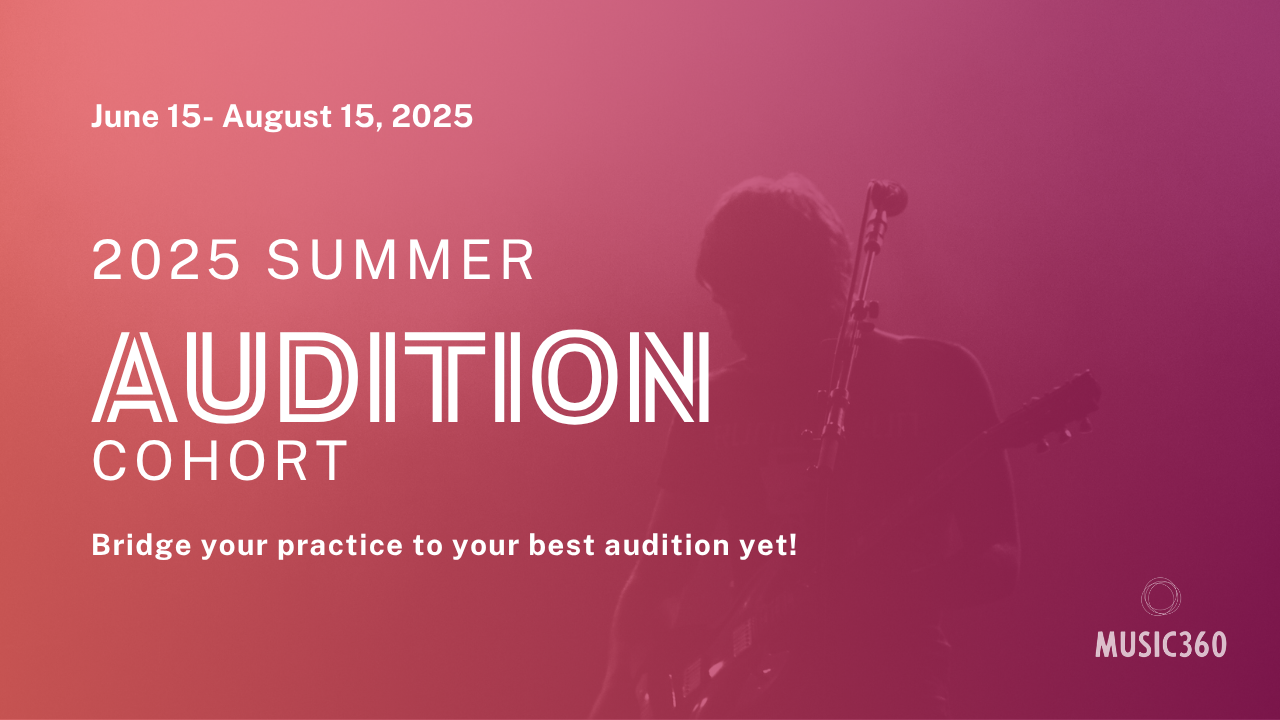The Four Stages of Competence

by Tyler Song
THE FOUR STAGES OF COMPETENCE
It’s difficult sometimes to accurately track our progress as a musician, especially since the learning curve flattens out significantly by the time most of us reach the university level. Most of us are aware that the difference between the upper echelons of music making and the student level is perhaps only 10% or so of consistency in musicality and technical proficiency. Furthermore, we also all realize that the last 10% is perhaps the most difficult of all.
So, how do we accurately understand our improvement once we feel we’ve “flatlined”?
One of the most important lessons I learned was all the way back in high school. Our choral director at the time introduced us to the idea of the “”Four Stages of Competence”, a learning model originally developed by management professors at New York University. The four stages are:
Unconscious incompetence
The individual does not understand or know how to do something and does not necessarily recognize the deficit. They may deny the usefulness of the skill. The individual must recognize their own incompetence, and the value of the new skill, before moving on to the next stage. The length of time an individual spends in this stage depends on the strength of the stimulus to learn.
Conscious incompetence
Though the individual does not understand or know how to do something, they recognize the deficit, as well as the value of a new skill in addressing the deficit. The making of mistakes can be integral to the learning process at this stage.
Conscious competence
The individual understands or knows how to do something. It may be broken down into steps, and there is heavy conscious involvement in executing the new skill. However, demonstrating the skill or knowledge requires concentration, and if it is broken, they lapse into incompetence.
Unconscious competence
The individual has had so much practice with a skill that it has become "second nature" and can be performed easily. As a result, the skill can be performed while executing another task. The individual may be able to teach it to others, depending upon how and when it was learned.
Obviously, we all want to achieve unconscious competence with our musical skills, but many of us attempt to skip over a couple of the first two steps in the model. In my opinion, it is the first two stages that many people get stuck on. Once we can consciously recreate a skill, achieving unconscious competence is simply a matter of repetition and time. However, at the earlier stages, it may be difficult to accept that there are things we are unconsciously incompetent at. Ironically, this tends to happen the more we practice a skill, not less. Our perception gets clouded by our daily routines that we lose sight of what is missing. It is only by taking a step back, and identifying our weak areas without bias, that we can progress.
You might think, “But I have an accurate perception of my playing! I record myself often, I practice diligently, and I listen to my teachers. How could I not know if I’m missing something?”
Well, consider this: your aural skills and technical proficiency have improved drastically now, but doesn’t your teacher or your favourite performer still sound just as good as when you first heard them? What gives?
Good news! Just by considering that thought, we’re on our way to the second stage. While we don’t yet know what it is we’re missing that makes our favourite musicians so effective, we can instinctively feel that they have something that we lack. We can then get to work identifying what it is, and how we can achieve it ourselves!!


